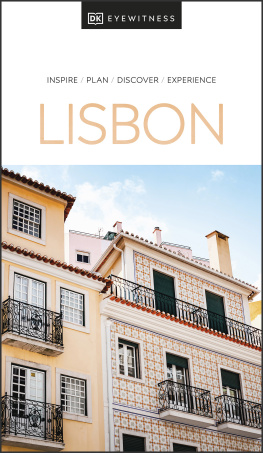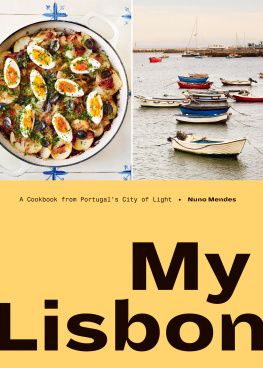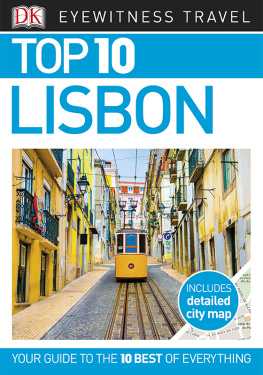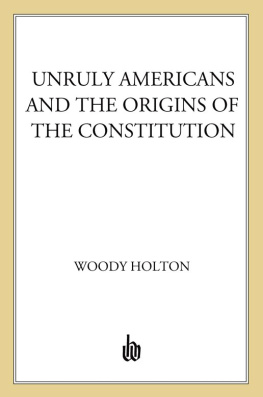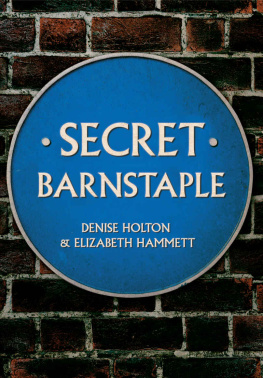This book is a publication of
Indiana University Press
601 North Morton Street
Bloomington, Indiana 47404-3797 USA
http://iupress.indiana.edu
Telephone orders 800-842-6796
Fax orders 812-855-7931
Orders by email iuporder@indiana.edu
2005 by Kimberly DaCosta Holton
All rights reserved
No part of this book may be reproduced or utilized in any form or by any means, electronic or mechanical, including photocopying and recording, or by any information storage and retrieval system, without permission in writing from the publisher. The Association of American University Presses Resolution on Permissions constitutes the only exception to this prohibition.
The paper used in this publication meets the minimum requirements of American National Standard for Information SciencesPermanence of Paper for Printed Library Materials, ANSI Z39.48-1984.
Manufactured in the United States of America
Library of Congress Cataloging-in-Publication Data
Holton, Kimberly DaCosta.
Performing folklore : ranchos folclricos from Lisbon to Newark /
Kimberly DaCosta Holton.
p. cm.
Includes bibliographical references and index.
ISBN 0-253-34631-2 (cloth : alk. paper) ISBN 0-253-21831-4
(pbk. : alk. paper) 1. FolklorePerformance.Portugal. 2.
PortugalSocial life and customs. I. Title.
GR72.3.H65 2005
398.09469dc22
2005011536
1 2 3 4 5 10 09 08 07 06 05
This project has involved the generous efforts and energies of many people on several continents. First, I would like to thank all the folklore performers and enthusiasts in Estremadura, Portugal, and Newark, New Jersey, for their patient answers to my questions and for sharing their wisdom and warmth over the course of many years. I am forever grateful to Olinda, Carlos, and Ricardo Pereira; Ftima, Luis, Joana, and Filipa Carvalho Santos; Helena Marques dos Santos; Isidro and Manuela da Cruz; Antnio Lus and Ana Pereira; Anbal and Ftima Salvador; Jos Hermnio Carvalho; Antnio Reis; Vtor, Ftima, Claudia, and Ana Lus; Crispim Lus; Joo and Vina Murteira; Lus and Ldia Ventura; Joo and Lourdes Mendes; Joaquim and Tiago da Costa; Manuel, Dulce, Ana, and Teresa Anacleto; Fernando, Maria do Carmo, and Glria Rodrigues; Miguel Oliveira; Manuel Martins; Lus Rema; Tony Cardoso; Joe, Mena, and Jeff Cerqueira; Jessica Moreira; Melissa Gonalves and Brian Santos; and especially Armindo, Ftima, Luclia, Fernando, Accio, and Alexandre Rodrigues, who became my adopted Portuguese family in Alenquer.
I am thankful for the unflagging support of several teachers and mentors who guided this project to fruition. Dwight Conquergood, to whom this book is dedicated, was an unfailing source of inspiration and a dear friend. He read and commented on endless drafts of this manuscript, gently pushing me to cross disciplinary borders and to situate ethnographic readings within broader ideological contexts. His ebullient spirit has profoundly marked this project. I would also like to thank Margaret Thompson Drewal, Tracy C. Davis, and Paul Berliner for their critical advice and encouragement in the early stages of fieldwork and writing. Tremendous thanks to Caroline Brettell, who reviewed this manuscript with care and offered me incisive critiques and support throughout many rounds of revision. Finally, heartfelt thanks to Salwa Castelo Branco, who initially suggested the topic, critiqued the manuscript, helped facilitate contact with Portuguese academics, and offered me many uplifting afternoons of tea and company in Portugal.
In the beginning stages of my research, I spoke with several scholars who were instrumental in focusing my work. I would like to thank Barbara Kir-shenblatt-Gimblett, Diana Taylor, Fernando Rosas, Tomaz Ribas, Nlia Dias, Rubem de Carvalho, Antnio Firmnio Costa, and Antnio Costa Pinto. I would also like to thank Joo Soeiro Carvalho, Susana Sardo, and Francisco Melo, who shared their unpublished manuscripts with me.
At the Instituto Nacional para Aproveitamento dos Tempos Livres dos Trabalhadores, I am grateful to Henrique Rabao for sharing his knowledge and for furnishing me with key primary documents and rare books. I am also grateful to Augusto Gomes dos Santos, of the Federao de Folclore Portuguese, who spent many days captivating me with accounts of FFP history and his vast knowledge of Portuguese folklore. I thank Lus Rema of the C-mara Municipal de Alenquer for his assistance in accessing primary documents in the Cmara archives and for sharing his knowledge of the Feira da Asceno. Thanks to Rita Galo in Lisbon 94s promotional department for her inside view of the L94 ad campaign. Finally, I am grateful to Fernando dos Santos and Maria do Carmo Pereira of the LusoAmericano newspaper in Newark for their help in accessing back issues and for their interest in this project.
During the writing stage, several friends and colleagues offered moral support and insightful commentary on chapter drafts: thanks to Dorothy Noyes, Nlia Dias, Helena Correia, Catherine Cole, Regina Bendix, Elizabeth Traube, Bela Feldman-Bianco, Joo Leal, Joo de Pina Cabral, Mary Fonseca, David Jackson, Anna Klobucka, Liza MacAlister, Maureen Mahon, Joyce Powzyk, Elpidio Laguna-Diaz, Rick Shain, Alan Sadovnik, Margaret Campbell-Harris, Josephine Grieder, Nancy Diaz, Fran Bartkowski, Clem Price, Charles Russell, Edward Kirby, Annette Juliano, Steve Diner, Max Herman, Beryl Satter, Jamie Lew, Sherrie-Ann Butterfield, Laura Lomas, Jenifer Aus-tin,Anna Stublefield, and especially Marcy Schwartz, Antnio Joel, Asela La-guna-Diaz, Andrea Klimt, and Mara Sidney for their affection and humor and for keeping me afloat during the ups and downs of writing. Finally, I am forever grateful to Lus and Amy Vasconcellos e Souza and Kevin and Cuca Rose, who opened their hearts and homes to me and my family in Lisbon over the course of many months.
I also appreciate the efforts of Sofia Silva and Ana Fonseca in Portugal and Susete Cesrio and Jessica Moreira, my dedicated student assistants at RutgersNewark, for meticulously transcribing hundreds of hours of taped interviews. I am grateful to Catarina Dias for helping secure foreign copyright permissions. Thanks to Mike Heffley, who transcribed my field recordings into musical notation. Many thanks to Colin Campbell-Harris, Robert Holton Jr., Antono Joel, Martin Elbl, Tim Raphael, and R. Scott Taylor for helping prepare the visuals for this book.
I owe a huge debt of gratitude to Michael W. Lundell, Richard Higgins, and Elisabeth Marsh at Indiana University Press for believing in this project and for the gentle prodding which enabled its completion.
A different version of was published as Fazer das Tripas Corao: O Parentesco Cultural nos Ranchos Folclricos in Vozes do Povo: A Folclorizao em Portugal, edited by Salwa Castelo Branco and Jorge Freitas Branco, 14352 (Oeiras: Celta Editora, 2003).
This research was made possible through generous grants from Northwestern Universitys Alumnae Fellowship, from the Joint Committee on Western Europe of the American Council for Learned Societies and the Social Science Research Council with funds provided by the Ford and Mellon Foundations, from Wesleyan Universitys Center for the Humanities, from RutgersNewark Joseph C. Cornwall Center for Metropolitan Studies, and from RutgersNewarks Institute on Ethnicity, Culture and the Modern Experience. I am extremely indebted to these institutions for support of my research and writing.





